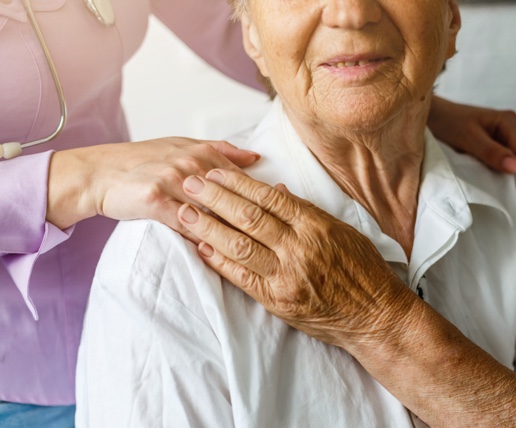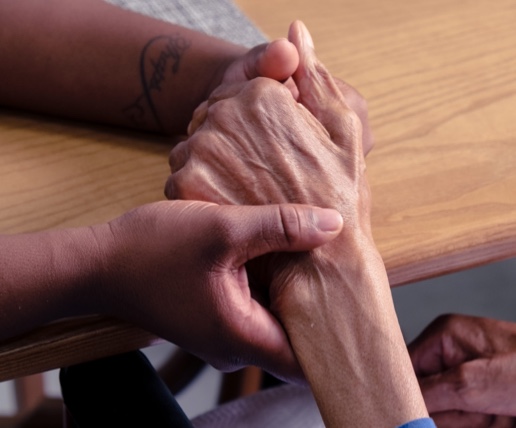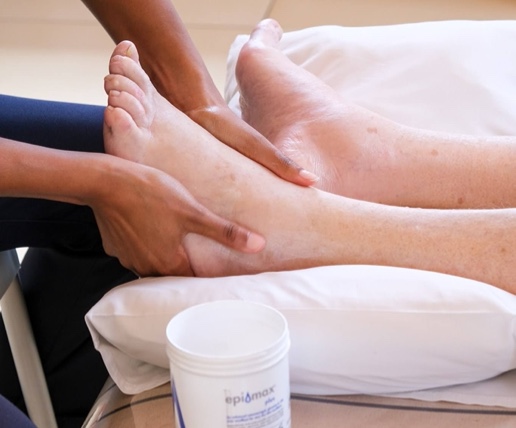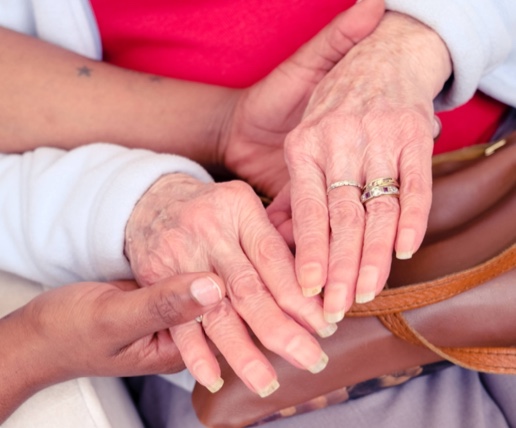
If you had chickenpox as a child, there is about a 10 to 20% chance you will develop shingles later in life. Shingles occur most frequently in people over the age of 50 and become more pervasive as you age. Read on for more information about shingles, its symptoms, treatment and prevention below.



1. Shingles is a viral infection
Shingles is caused by the varicella-zoster virus. This is the same virus that causes chickenpox. Once you've had chickenpox, the virus remains dormant, residing in nerve tissue around the spinal cord and brain. Most adults who have had chickenpox don’t get shingles. However, some people may develop shingles many years later when the virus reactivates. This happens to approximately one in three adults who carry the virus.
Shingles is caused by the varicella-zoster virus. This is the same virus that causes chickenpox. Once you've had chickenpox, the virus remains dormant, residing in nerve tissue around the spinal cord and brain. Most adults who have had chickenpox don’t get shingles. However, some people may develop shingles many years later when the virus reactivates. This happens to approximately one in three adults who carry the virus.
2. Shingles symptoms are often worse for seniors
Shingles usually appear as a painful rash of blisters on one side of the body. While the rash usually disappears after two to four weeks, some people can suffer symptoms for months or even years afterwards. This condition is called postherpetic neuralgia. Seniors are especially in danger of experiencing more severe symptoms and disease longevity for several reasons. These include having a weaker immune system due to age and other medical conditions. And taking medication required to support chemotherapy, surgery or organ transplants.
Shingles usually appear as a painful rash of blisters on one side of the body. While the rash usually disappears after two to four weeks, some people can suffer symptoms for months or even years afterwards. This condition is called postherpetic neuralgia. Seniors are especially in danger of experiencing more severe symptoms and disease longevity for several reasons. These include having a weaker immune system due to age and other medical conditions. And taking medication required to support chemotherapy, surgery or organ transplants.
3. Typical shingles symptoms in seniors
Seniors experience several symptoms ranging from uncomfortable to very painful. These include burning, shooting pain, tingling, itching and blistering of the skin. Additional symptoms can include fever, headache, light sensitivity, chills and diarrhoea.
Seniors experience several symptoms ranging from uncomfortable to very painful. These include burning, shooting pain, tingling, itching and blistering of the skin. Additional symptoms can include fever, headache, light sensitivity, chills and diarrhoea.
4. Shingles is not a life-threatening condition
The good news is that shingles are not fatal. While it can be very painful, most seniors will only have symptoms for a few weeks. While others may suffer symptoms for longer, the virus is not life-threatening.
The good news is that shingles are not fatal. While it can be very painful, most seniors will only have symptoms for a few weeks. While others may suffer symptoms for longer, the virus is not life-threatening.
5. Shingles can be treated
While there is no cure for shingles, it can be successfully treated with the right medication. Oral antiviral medications, steroids, anticonvulsants and analgesics can decrease the severity of the symptoms. Medication should be started within 72 hours of the rash appearing to be effective.
While there is no cure for shingles, it can be successfully treated with the right medication. Oral antiviral medications, steroids, anticonvulsants and analgesics can decrease the severity of the symptoms. Medication should be started within 72 hours of the rash appearing to be effective.
6. Shingles can be prevented
As with any disease, prevention is always better than cure. If you are healthy and over the age of 50, it is highly advised to get the shingles vaccine. The vaccine is usually administered in a single or two doses and doesn’t need to be repeated annually. While the vaccine isn’t foolproof against the virus, it is likely to reduce the severity of symptoms and decrease the risk of developing postherpetic neuralgia (long-term symptoms).
As with any disease, prevention is always better than cure. If you are healthy and over the age of 50, it is highly advised to get the shingles vaccine. The vaccine is usually administered in a single or two doses and doesn’t need to be repeated annually. While the vaccine isn’t foolproof against the virus, it is likely to reduce the severity of symptoms and decrease the risk of developing postherpetic neuralgia (long-term symptoms).
At Totalcare, we are fully equipped to provide the professional care, facilities and support seniors suffering from shingles need. We currently manage seven retirement villages with assisted living and frail care units. Our residents are looked after by our national nursing services manager, nursing services manager, sisters, nurses and care workers. Residents also have access to a doctor, occupational therapist and support services.
For more information click here
Shingles is a disease caused by the same virus as chickenpox. Shingles most often occur in people over the age of 50, and becomes more common the older you get. It can cause a painful rash, as well as a number of other complications that worsen as you age. Read on for all the information you need to better understand and manage shingles in seniors.
